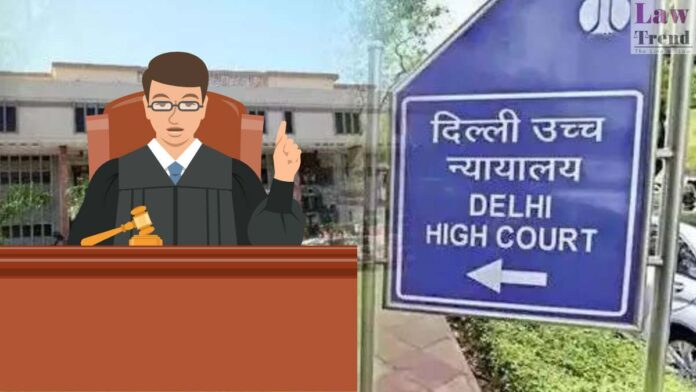The Delhi High Court has issued a significant administrative order regarding the pronouncement of judgments by judicial officers who are under transfer. In a move aimed at ensuring the timely disposal of matters where orders have been reserved, the High Court has directed that judicial officers must pronounce such judgments even after their transfer. The
To Read More Please Subscribe to VIP Membership for Unlimited Access to All the Articles, Download Available Copies of Judgments/Order, Acess to Central/State Bare Acts, Advertisement Free Content, Access to More than 4000 Legal Drafts( Readymade Editable Formats of Suits, Petitions, Writs, Legal Notices, Divorce Petitions, 138 Notices, Bail Applications etc.) in Hindi and English.




